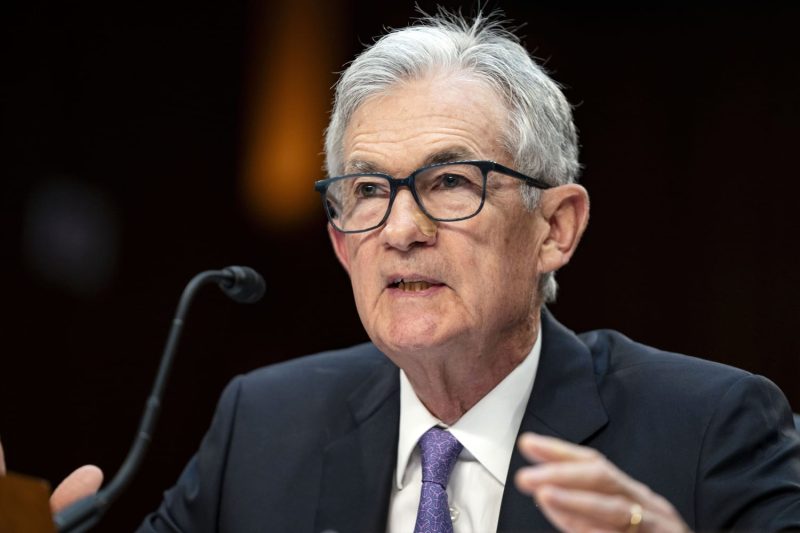The essence of a well-functioning economy lies significantly in the hands of well-regulated financial systems, optimally directed by sound monetary policy. Amongst the various instruments available to policy makers, the country’s base interest rate plays a noteworthy role. Recently, the Federal Reserve (Fed) Chair Jerome Powell emphasized the potential pitfalls of an overextended stance on high interest rate policy, pointing out the probable danger it could pose to the United States’ economic growth.
One of the pivotal responsibilities of the Federal Reserve includes manipulating interest rates to stabilize inflation, maintaining full employment, and securing long-run growth. However, the prolonged utility of high interest rates creating a tight monetary policy has raised concerns among many, including Powell. The present context underscores that the maintenance of higher prolonged rates could potentially hamper economic growth.
A high interest rate atmosphere chiefly deters borrowing as the cost of such indulgence rises. This dissuasion consequently affects consumer spending and investment, key components contributing to Gross Domestic Product (GDP). Powell, in his recent statements, outlined this intricate mechanism laying emphasis on the need for a balanced rate policy.
The adverse ramifications of a prolonged high interest rate period are not confined to borrowing alone. Central banks, including the Fed, resort to high interest rates to control rising inflation. While this approach may work in the short term, the long haul scenario could see harmful effects like sluggish wage growth and employment levels due to higher business operational costs, eventually translating into an economic downturn. Powell’s warnings revolve around these potential pitfalls of a continually high rate policy.
Moreover, high interest rates can escalate the value of the nation’s currency compared to others, making exports more costly and less attractive, and subsequently slowing down economic growth. This aspect of the monetary policy too has been touched upon by Powell, reiterating the need for an appropriate balance in the Fed’s interest rate stance.
Another material concern that Powell indicated regarding a sustained period of high interest rates is the undue burden it places on government finance. The increased expense associated with loan repayment could potentially result in fiscal deficits and potentially impact public spending or increase the tax burden on individuals and businesses.
Powell’s observations also highlight a more circumspect consideration of the international spillover effects. A high interest rate domino effect can hit developing nations particularly hard. Increased borrowing costs, coupled with an urgent need for capital, could compel these economies to resort to unsafe levels of debt, ultimately destabilizing their financial frameworks.
As economies globally grapple with the quake effects of the COVID-19 pandemic, the consideration of risks associated with high interest rates as addressed by Powell becomes even more relevant. Even as the Federal Reserve strives to ensure inflation targets are met and employment levels improve, the potential setbacks that a protracted high interest rate regime can instigate cannot be ignored. This debate underscores the intricate balance the Federal Reserve, and central banks around the world, continue to manage as they navigate their path through unpredictable economic conditions.




